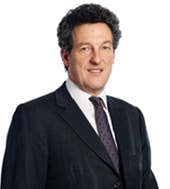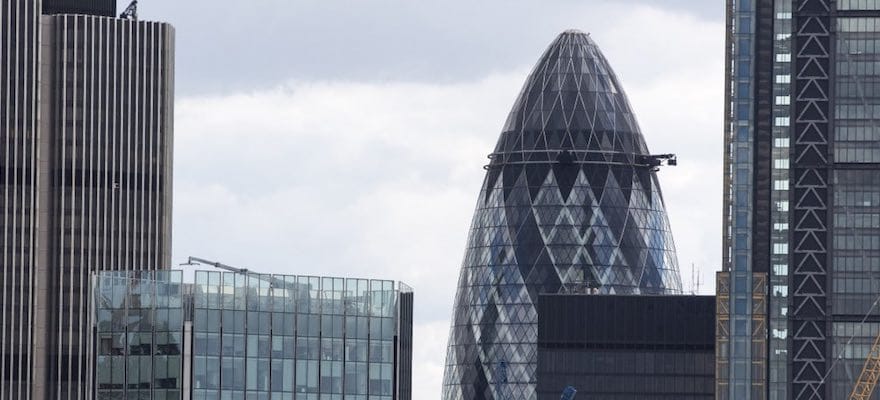TP ICAP, the world’s , announced on Tuesday that its Chief Executive Officer, John Phizackerley, will step down with immediate effect. As a result of the sudden move, shares in the company fell by more than 25 percent.
At the same time, the warned that it would need to change its targets due to Brexit-related costs. This is expected to cause a dip in the company’s 2018 underlying operating profit, which will be below analysts expectations.

Speaking to the Financial Times, Phizackerley said he had only been told of the decision on Monday. In addition, he said it was not the position of the board at its last meeting on June 20, 2018, in New York when the half-year numbers were discussed.
Once regulatory approval is received, Phizackerley will be replaced by Nicolas Breteau, who is currently the head of global broking for the company.

Source: TP ICAP
The chairman of TP ICAP, Rupert Robson, said: “the evolving landscape is driving up costs across our industry. The acquisition of ICAP has given us greater scale to withstand this pressure.
“However, it has become clear that a change of leadership is required to execute our medium-term growth strategy and deliver the detail of the integration process.”
Cutting targets
On Tuesday, said it is reducing its annualized cost savings target for 2019. The target has been reduced from around £100 million ($132.46 million) down to £75 million ($99.35 million). This is because the company needed to invest to meet evolving industry trends, such as spending on MiFID II, Brexit and legal and IT costs, the statement said.
Phizackerley had set the previous savings target as part of the integration of its £1.3 billion purchase of the global broker business of ICAP.
The company also informed that the increased finance costs would rise to around £40 million. However, the statement added that revenues for the six months to June 30 this year were three percent higher than the same period last year.
Following the news, shares in the fell as much as 29 percent in early trading to 298 pence a share.





Be First to Comment